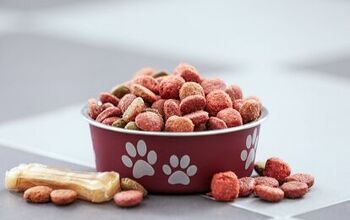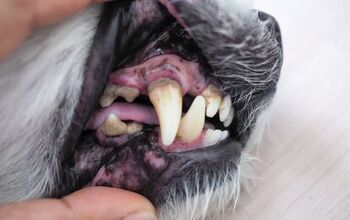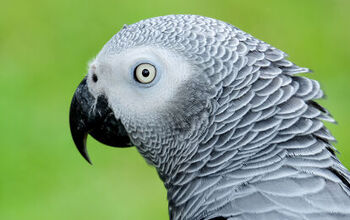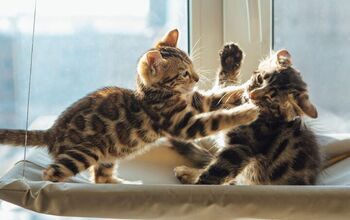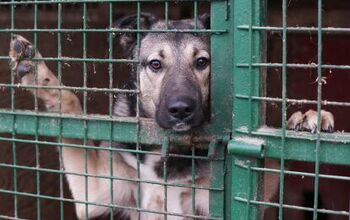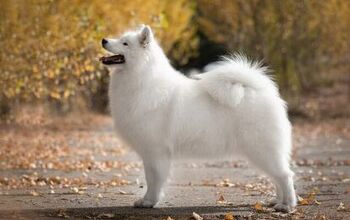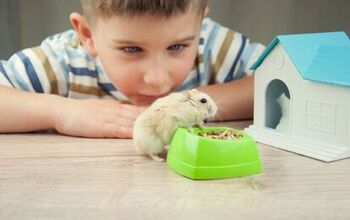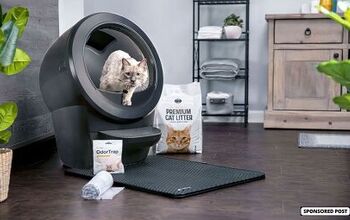Inflation Forces Pet Owners to Switch to Cheaper Food

For most pet parents, the type of pet food and chew toys they buy for their four-legged companions remains the same, even when money is tight. Even when pet parents cut their costs, pet supplies, especially food, are among the last areas to be affected.
But with inflation stretching wallets, even the most generous pawrents have started to be more mindful of their spending, especially when it comes to non-essential pet supplies like toys and apparel.
But that’s not all. The time has come for pets to experience the effects of steep inflation on their plates.
The cost of pet food has skyrocketed in the last year, forcing pet owners to switch from more expensive gourmet brands or opt for smaller pet food packages.
“Premium dog food, for instance, is losing share at an accelerating rate - down 2.9 percentage points in the three-month period ended in July compared to a year earlier - and across all income groups, suggesting that the desire for savings is broadly felt,” said Max Gumport, a packaged food analysts at BNP Paribas according to The Wall Street Journal.
“In times of recession or economic stress, first you trade down on your own food, then your kid’s food, and then your dog’s food. That’s what history would suggest. This time is appearing to be different,” said Gumport.
Premium pet food brands, like Blue Buffalo, are experiencing the effects of pet parents switching to cheaper foods or looking for smaller-size options. General Mills, the company that owns Blue Buffalo, said that these challenges will result in rather flat organic net sales in the pet segment in the first quarter.
According to Kofi Bruce, the Chief Financial Officer, the company isn’t expecting the pressure on its pet food business to let up any time soon. “It’s very clear we are going through an environment where pet households and pet parents are seeking value, in everything from pack sizes to where they shop for pet food,” said Bruce.
Pet owners often treat their pets like children, Bruce said, causing them to choose premium food brands for their fur babies. “That is still likely, and we believe the dominant driver of growth in the pet segment, even if now there is a shift in the short term toward value and maybe a readjustment as the consumer settles into maybe a more cautious state.”
Pet food and product retailers like Chewy and Petco are noticing a similar change among some customers toward more value-driven spending. According to Chewy’s Chief Executive Sumit Singh, last month’s analysis showed a shift to dry food over wet food in July and cuts when it comes to pet treats.
“The commitment that a parent has to the animal is pretty meaningful and so they will continue to feed and treat their animal even in times of maybe less discretionary income,” said J.M Smucker’s finance chief Tucker Marshall. “This might mean trading down from premium products but they are still supporting their pet through any perceived troubled times,” he added.

Nevena is a freelance writer and a proud mom of Teo, a 17-year-old poodle, and Bob, a rescued grey tabby cat. Since childhood, she had a habit of picking up strays and bringing them home (luckily, her parents didn't know how to say NO). When she's not writing for her fellow pet parents, Nevena can be found watching Teo sleep. To her defense, that's not as creepy as it sounds!
More by Nevena Nacic






